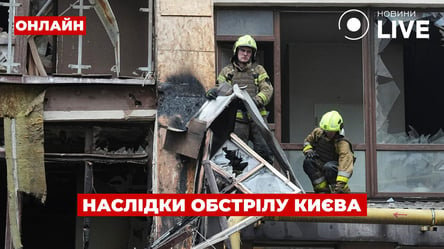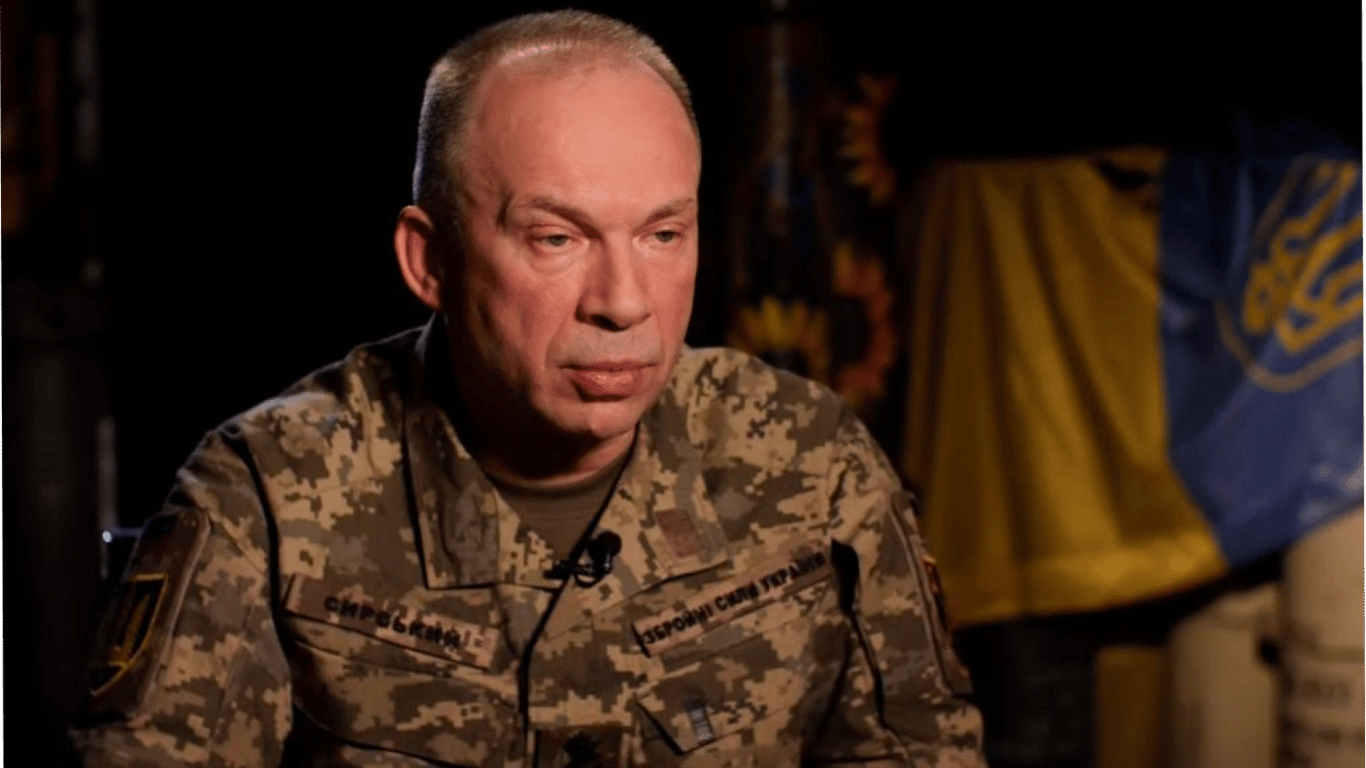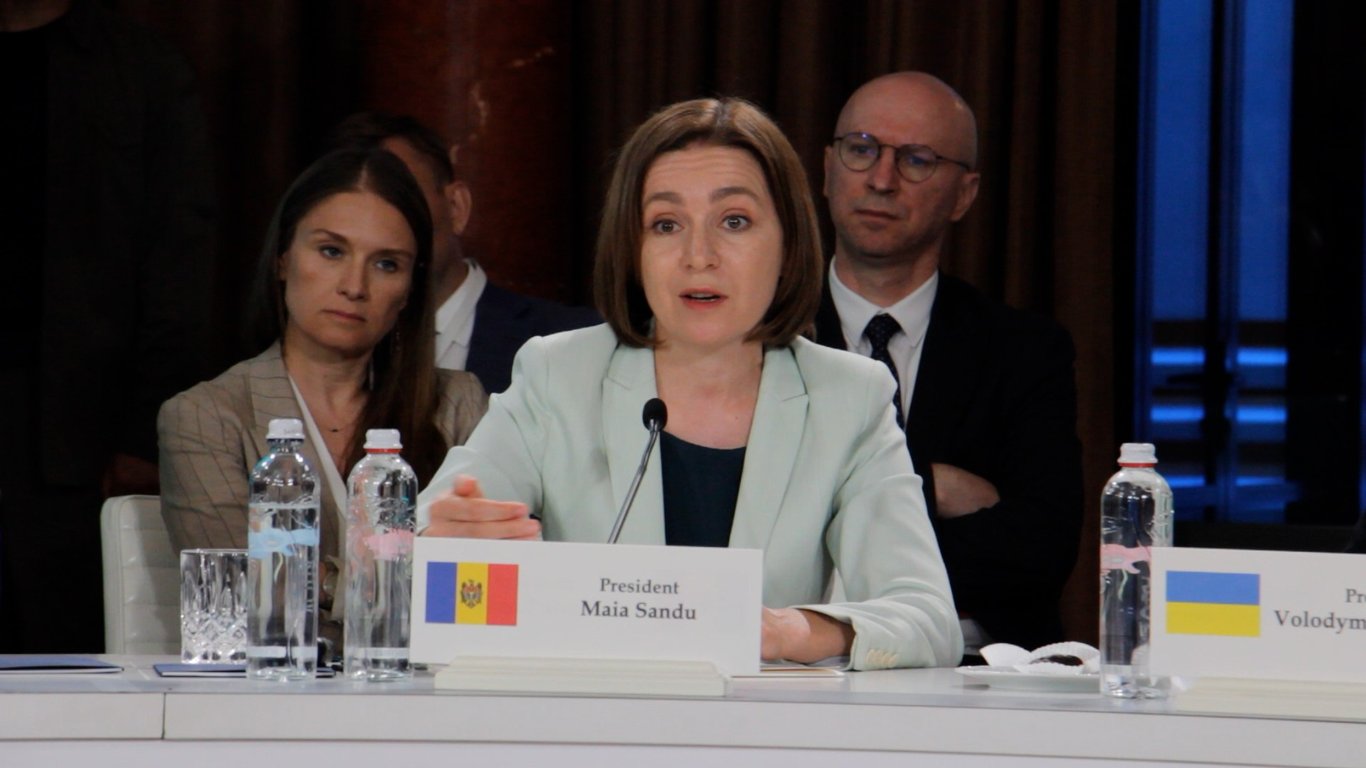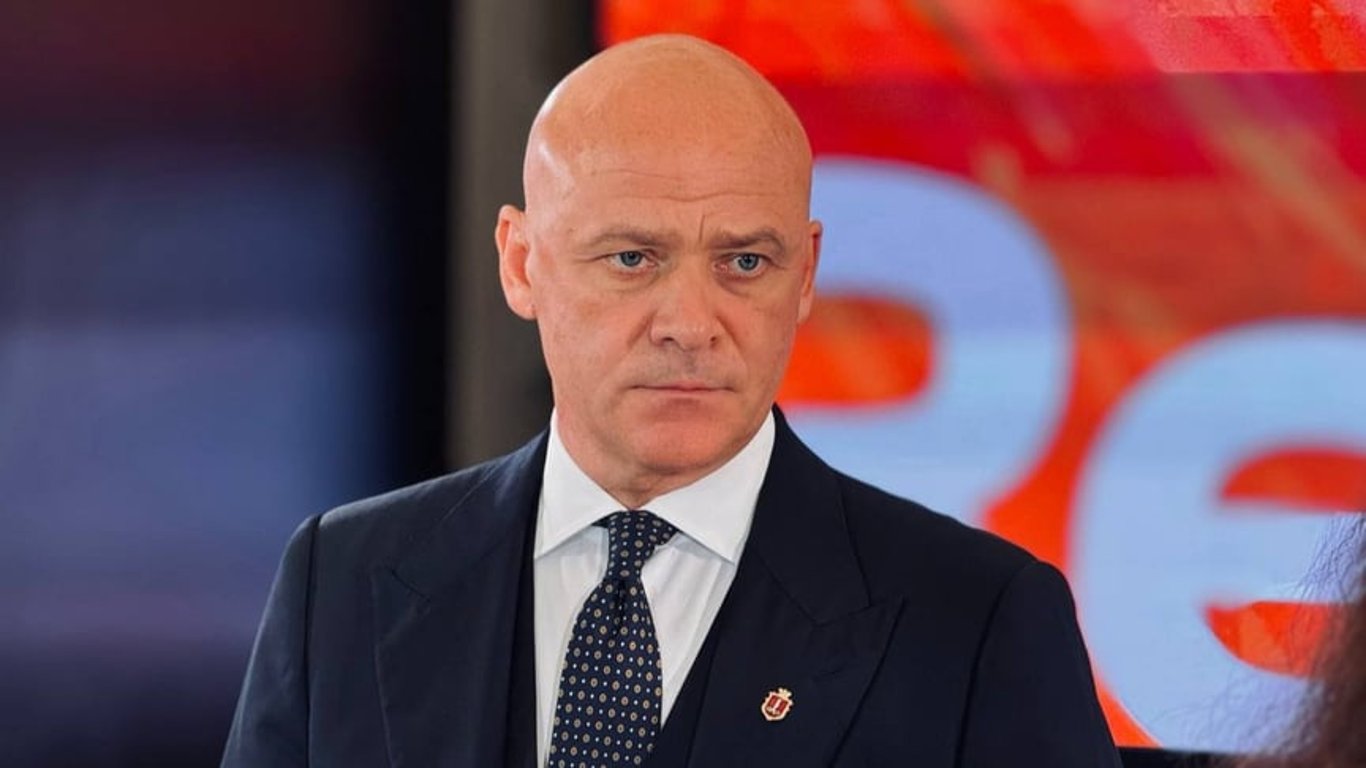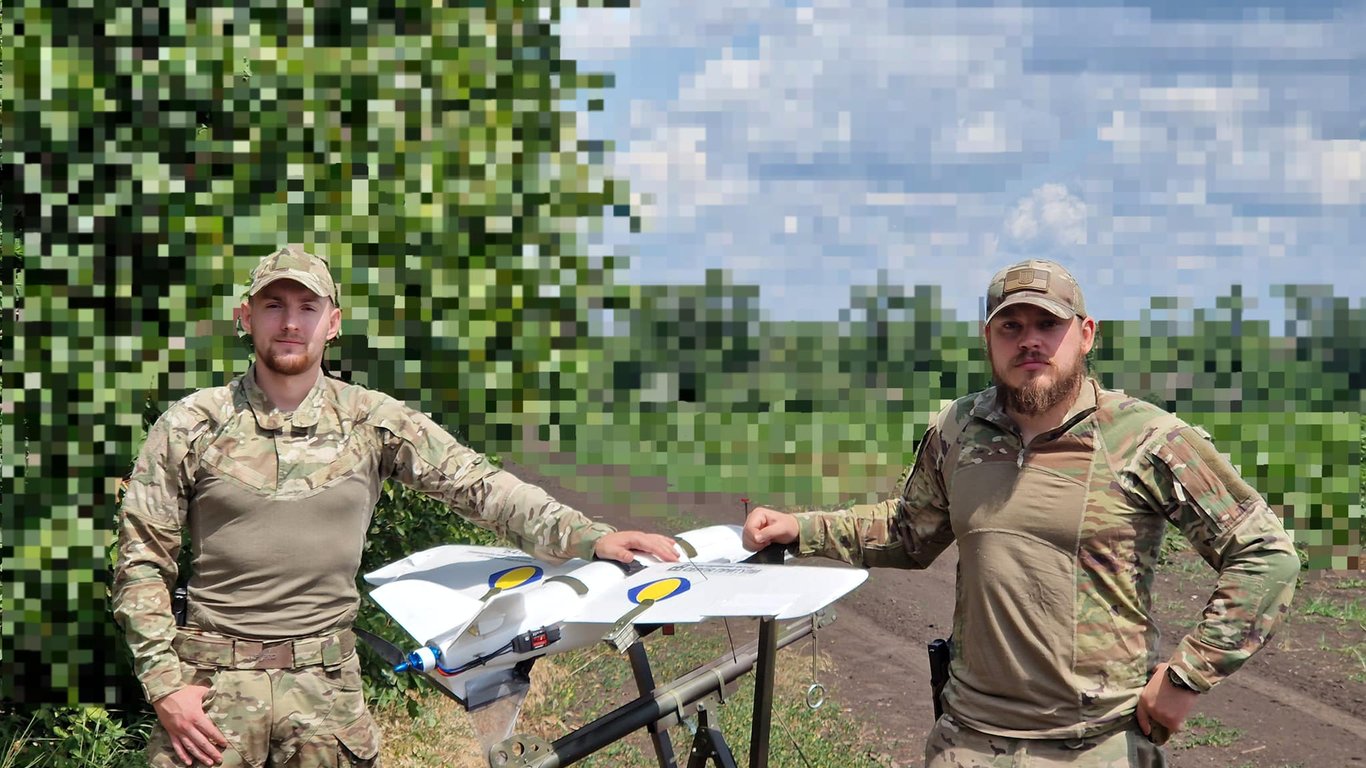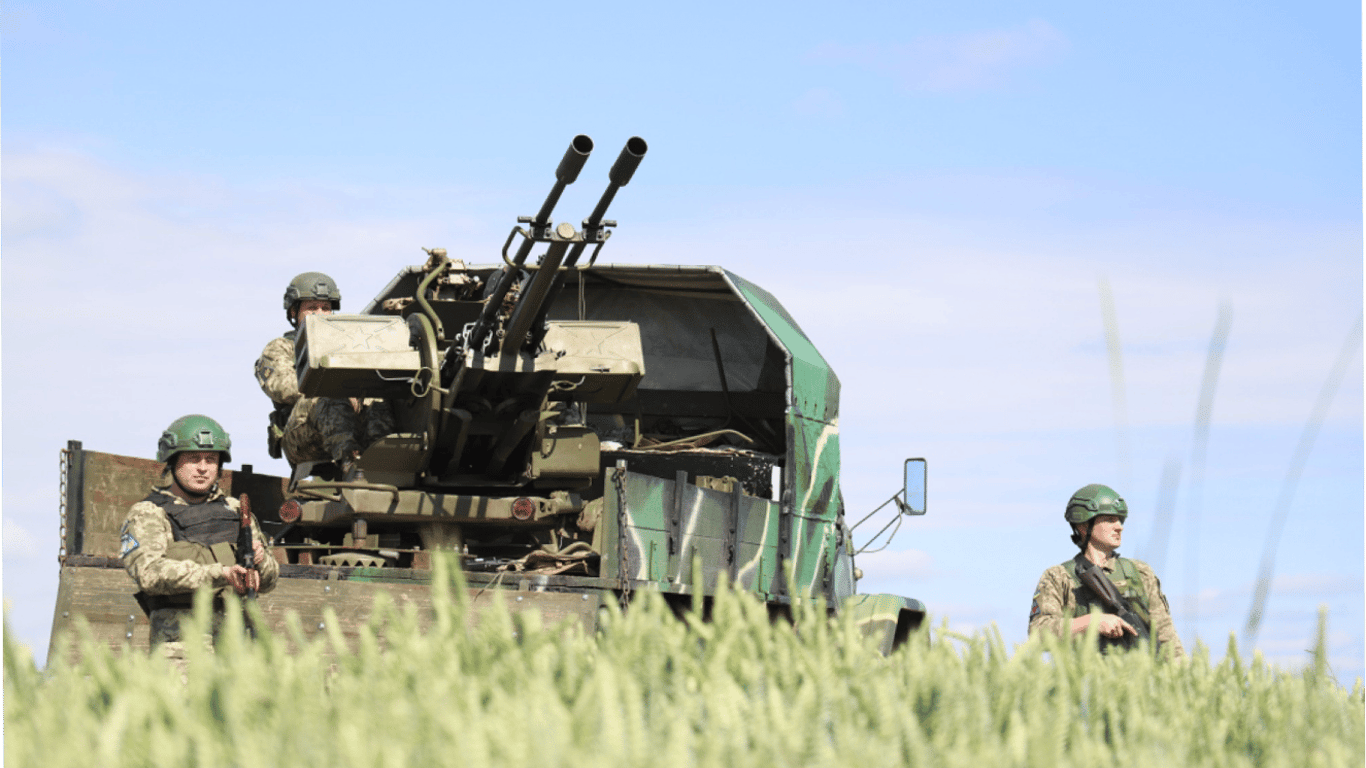Suiciders on Motorcycles Break into the Rear and Exhaust the Armed Forces of Ukraine – The Times.

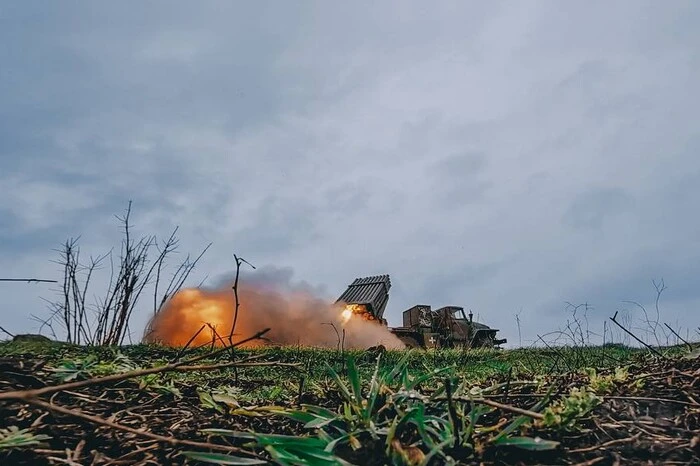
The Russian army is increasingly using assault squads on Chinese motorcycles to inflict damage in the rear of Ukrainian forces. They have gained advantages in speed and maneuverability, complicating attempts to intercept them by drones and artillery. Many of them have died, but even individual breakthroughs compel Ukraine to expend significant resources to eliminate them.
'Essentially, this is a suicide mission, as they never return,' says Yevhen, a lieutenant-captain of the 28th Brigade of the Armed Forces of Ukraine.
Ukrainian soldiers also actively use motorcycles, mainly for troop transportation, and sometimes use electric motorcycles to avoid detection by enemy drones. Given the threat of drones, they are forced to move on foot more often and rely on supplies delivered by aerial and ground drones.
The use of motorcycles has become an important component of military operations in the Pokrovsk region, where the conflict is gaining momentum. This tactic has proven decisive on this tense front, highlighting the importance of maneuverability and speed in modern combat conditions.
The Ukrainian armed forces actively use motorcycles in combat, utilizing them as an important element of transportation and maneuvering at the front. At the same Time, Russian assault squads on motorcycles, endowed with speed and maneuverability, pose a serious threat to Ukrainian forces, requiring significant efforts to eliminate and control them.
Read also
- Shelling of Kyiv and Possible Negotiations with the Russian Federation — Day.LIVE Broadcast
- The General Staff named the direction of the front where the situation is most difficult
- Russia uses Transnistria to destabilize Moldova
- The Mayor of Odesa Accused of Sabotaging Military Requests — Details
- The 3rd OShBr Named the Advantages of Using Anti-Aircraft Drones
- How many drones and missiles were shot down by air defense at night — data from the Air Force
